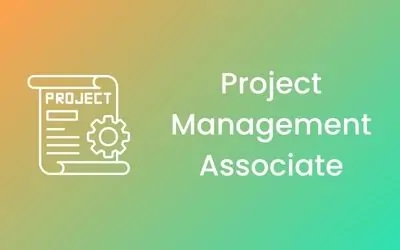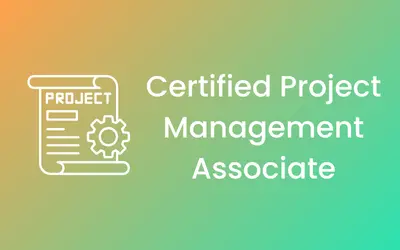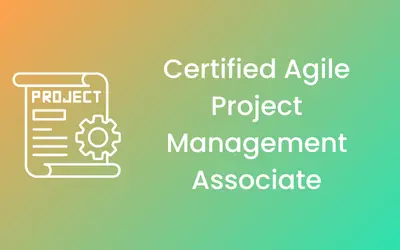Project Management Associate
SF-PM-PMA-1801
-

-
(425 Reviews)
- Career: Having a strong foundation in project management facilitates fast professional advancement in various industries.
Skills: A foundation in project management develops a strong skill set needed for success in energetic professional settings.
Internship: Programs for internships offer one-month internship practical experience in applying project management concepts in real-life settings.










